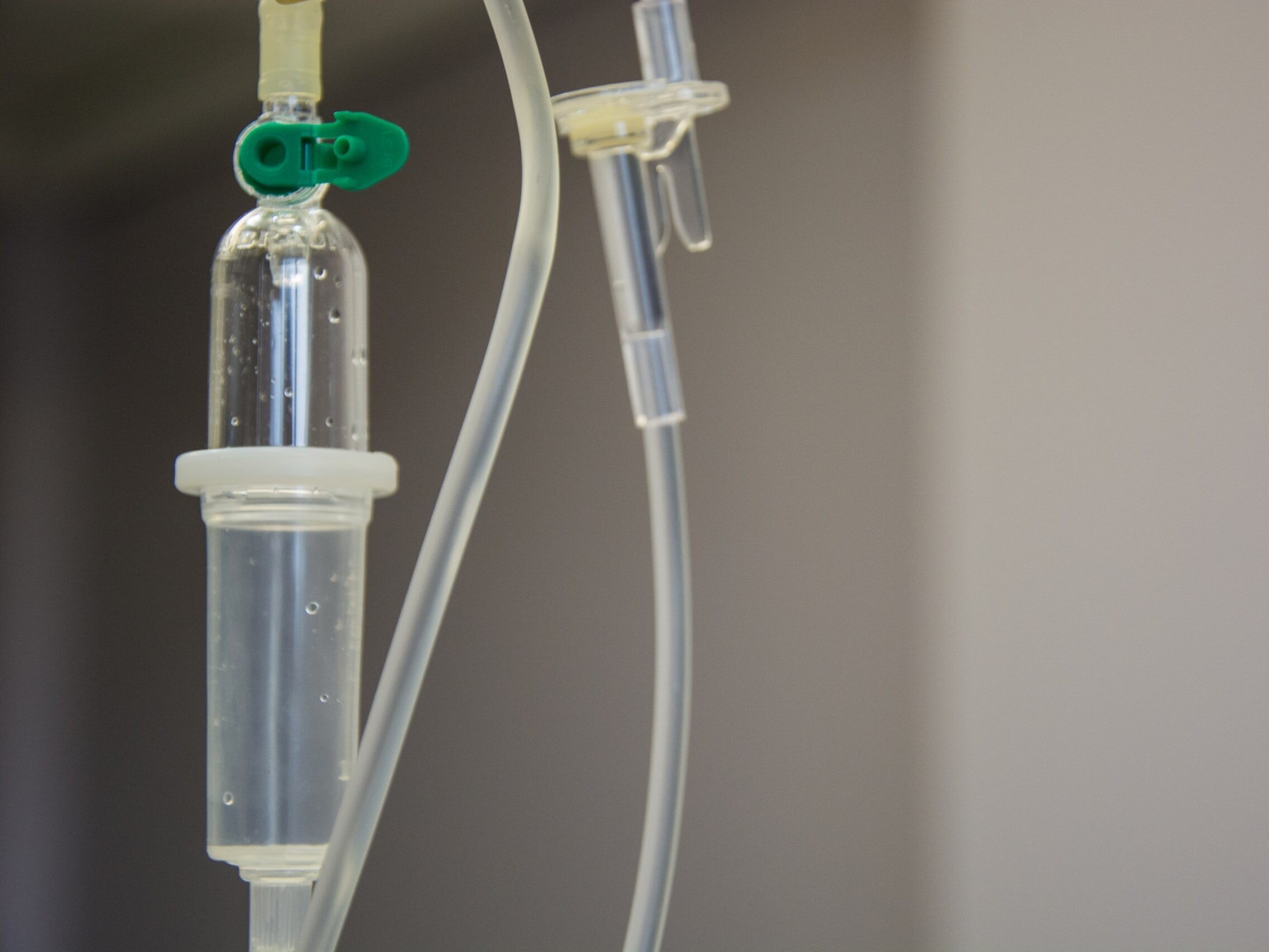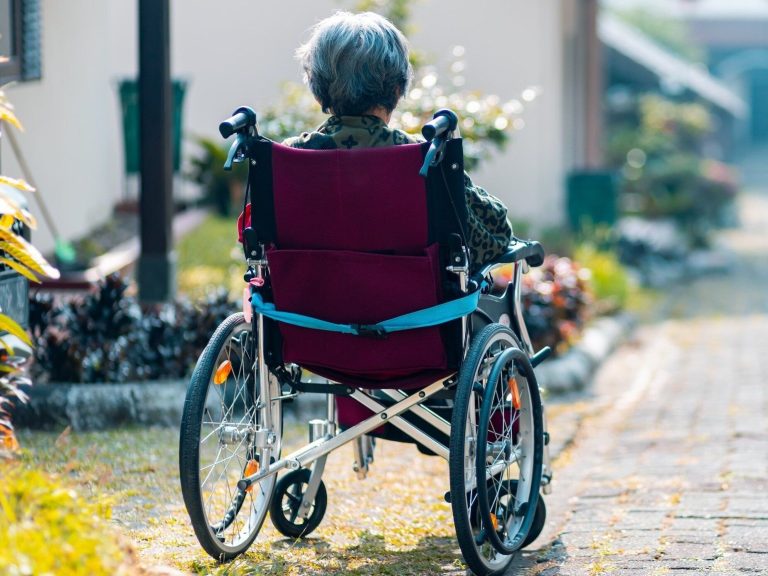Patient’s Rights Ombudsman on vitamin infusions: experimental, inconsistent with scientific knowledge

Intravenous vitamin infusions are advertised as a panacea for many ailments, but also a way to strengthen the body. The Ombudsman for Patients’ Rights talks about the violation of collective patient rights and has just issued two more decisions regarding the use of vitamin infusions inconsistent with current medical knowledge.
The Ombudsman for Patients’ Rights emphasizes in his communication that in his practice he encounters cases where medical entities offer therapies that are inconsistent with current medical knowledge, including those of an experimental nature, not scientifically confirmed. These include vitamin infusions.
Vitamin infusions without tests
Only in the years 2020-2023, the MPC issued 36 decisions recognizing the use of practices violating the collective right of patients to health services, which concerned the use of medicinal products, namely drugs and vitamin infusions, contrary to current medical knowledge. These cases included the use of infusions in the prevention and treatment of atherosclerosis, post-stroke conditions, the use of infusions without medical justification, i.e. without performing prior tests that determine the level of a given substance in the body and without prior determination that oral administration of vitamins is difficult or deficiencies of the substance cannot be supplemented following an appropriate diet, without monitoring the patient’s condition after the infusion.
The list of MPC interventions also includes other practices: the use of vitamin C in patients with Alzheimer’s disease, vitamin B to regulate the hormonal balance or coenzyme Q10 and ginseng in depression and anxiety. The MPC also took action on the use of amantadine-containing drugs in connection with COVID-19 – because, as it emphasizes, this type of therapy has not been scientifically confirmed.
Vitamin infusions without medical supervision
The MPC specifically lists why this type of practice is dangerous for patients. This is for several reasons:
-
they do not guarantee cure in any way,
-
may delay the implementation of effective and safe conventional treatment and, as a consequence, lead to deterioration of the patient’s health or threat to the patient’s life,
-
expose the patient to an unnecessary risk of side effects (which can occur after the administration of any drug, therefore the patient cannot be unreasonably exposed to the risk of such side effects),
-
they mislead the patient, giving false hope of cure or improvement of health,
-
generate significant financial costs for the patient.
In the case of using practices that are inconsistent with current medical knowledge, the Ombudsman orders them to be discontinued. Failure to comply with this order results in the imposition of a fine of up to PLN 500,000. zloty. Professional liability authorities are also notified, e.g. the professional liability ombudsman at the regional medical chamber. The MPC points out that cases where therapies inconsistent with current medical knowledge are offered by people without medical education and entities that do not perform medical activities seem to be particularly dangerous. In such situations, notifications are submitted to law enforcement authorities. The best-known example here is, as the MPC reminds us, “the harmful and dangerous pseudo-medical activity carried out by Jerzy Z”.






